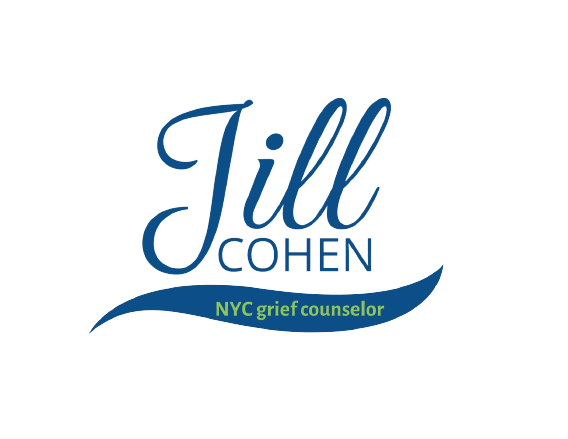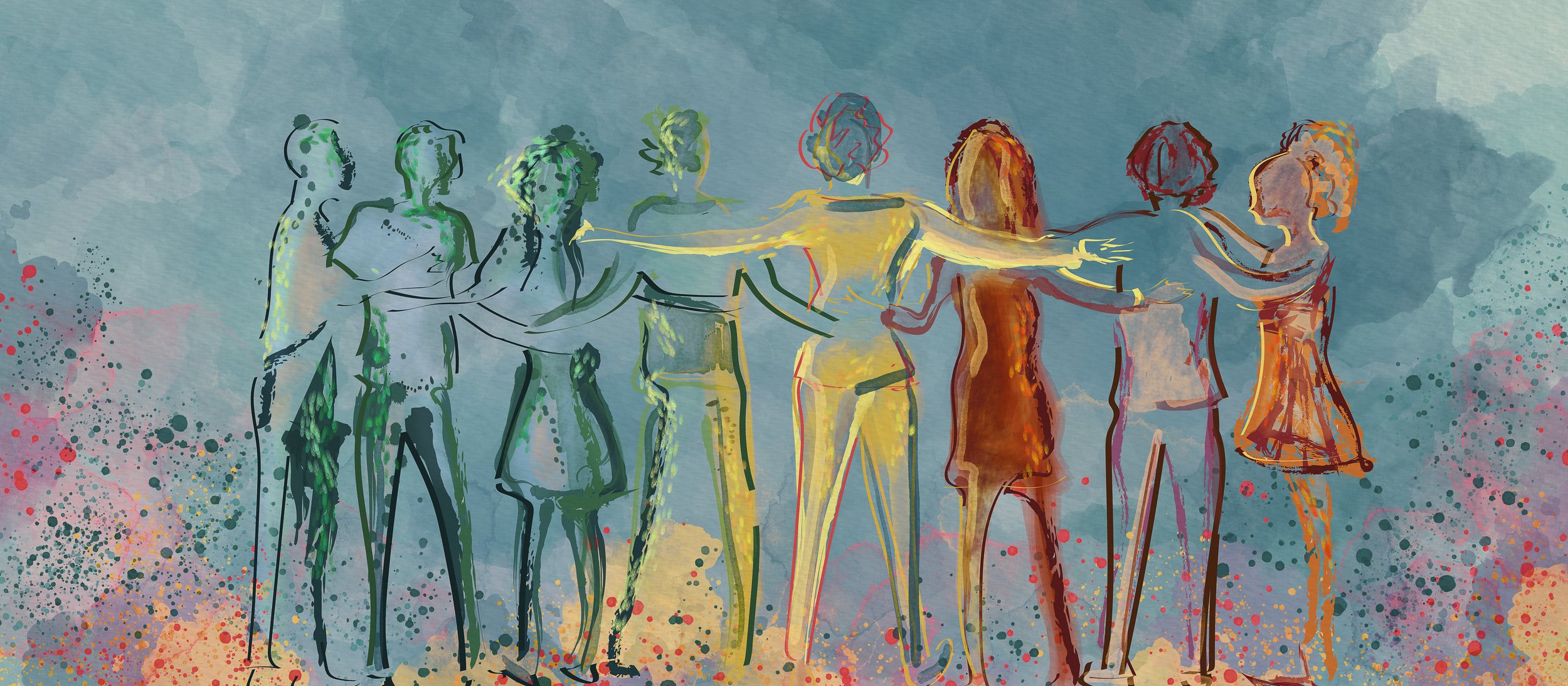The Importance of Community in Overcoming Grief
Written By Allie Cooper
4 Minute Read
Choose Community During Grief
All of us have been affected by the COVID-19 pandemic to some degree. This is especially true for those who have lost a loved one to the pandemic — and the number of those experiencing grief keeps increasing.
More than 5 million of America's children have lost caregivers in the first 19 months of the pandemic alone, healthcare workers are continually burnt out, and the lack of social interaction due to health and safety protocols has negatively impacted our collective wellbeing. As a result, mental health experts believe that the mental health damage from the pandemic could last for a generation.
Whole communities are riddled with grief — yet it is also within these communities that one can find the support they need to get back on their feet.
Here are a few concrete ways you can try to heal from loss effectively:
Find Your Community
Healthy grieving and recovery from loss involves acknowledging your pain. Using unsustainable habits like smoking or alcohol consumption to avoid this will only mute your emotions and keep them in place.
Social workers find that it's important, whether it be your family, friends, loved ones, or even your pets, to create a support system, to keep you grounded and help you process and understand what you're feeling.
If you don't have people close to you, know that you're not alone. The pandemic is far-reaching, and many websites on the Internet now serve as free meeting places for those who are undergoing similar experiences.
Founded in 1997, Grieving.com is one of the most comprehensive platforms you can visit. This community spans over 100 countries, and users can both publicly and privately message each other to find the support they need.
Consult a Professional
Accepting your grief means accepting your vulnerabilities and knowing when to seek professional help. You may want to consider taking this step if you have pre-existing mental health conditions like anxiety, depression, or PTSD. Those without such conditions should also consider talking to an expert, either a grief counselor or a grief therapist.
You can check with your local community center to find a community outreach worker. These professionals are usually social workers who have a deep understanding of what certain populations need in order to live fulfilling lives. They can direct you to the programs and resources that suit your needs the best. They can also be instrumental in quickly finding effective ways for you to cope with your grief.
Pay It Forward
Once you've managed to move forward in your grief, consider becoming part of someone else's support group in times of loss. When doing so, you don’t need to feel pressured to give great advice or feel anxious about saying the wrong thing. Instead, just lend an ear and a shoulder for others to cry on. That is the best help you can give to another in need.
Show them that their grief is real and valid. Remember to include the forgotten grievers that need your help the most: children.
We’ve previously emphasized that kids are often overlooked when a loss or crisis occurs. During these times, it's important to be honest with them about what's happened. Try to provide a secure and comfortable environment by establishing routines that include playtimes and other uplifting activities.
Finally, be accommodating of their needs. Kids grieve in their own way, so try to spark healthy discussions about their feelings whenever you can.
Strengthen Your Community
Grief, mourning, and loss impact everyone in different ways. Amid unforeseen and universal calamities, strengthening community bonds is crucial to ensure that everyone has the opportunity to grieve in a healthy way.
By learning how to best cope with grief and passing support on to others, you're creating a safe place that can help everyone get through trying times like the pandemic.
Feel free to download these handouts to see if a grief counselor could benefit you.
And feel free to email me at jillgriefcounselor@gmail.com if you want more information about grief counseling.



